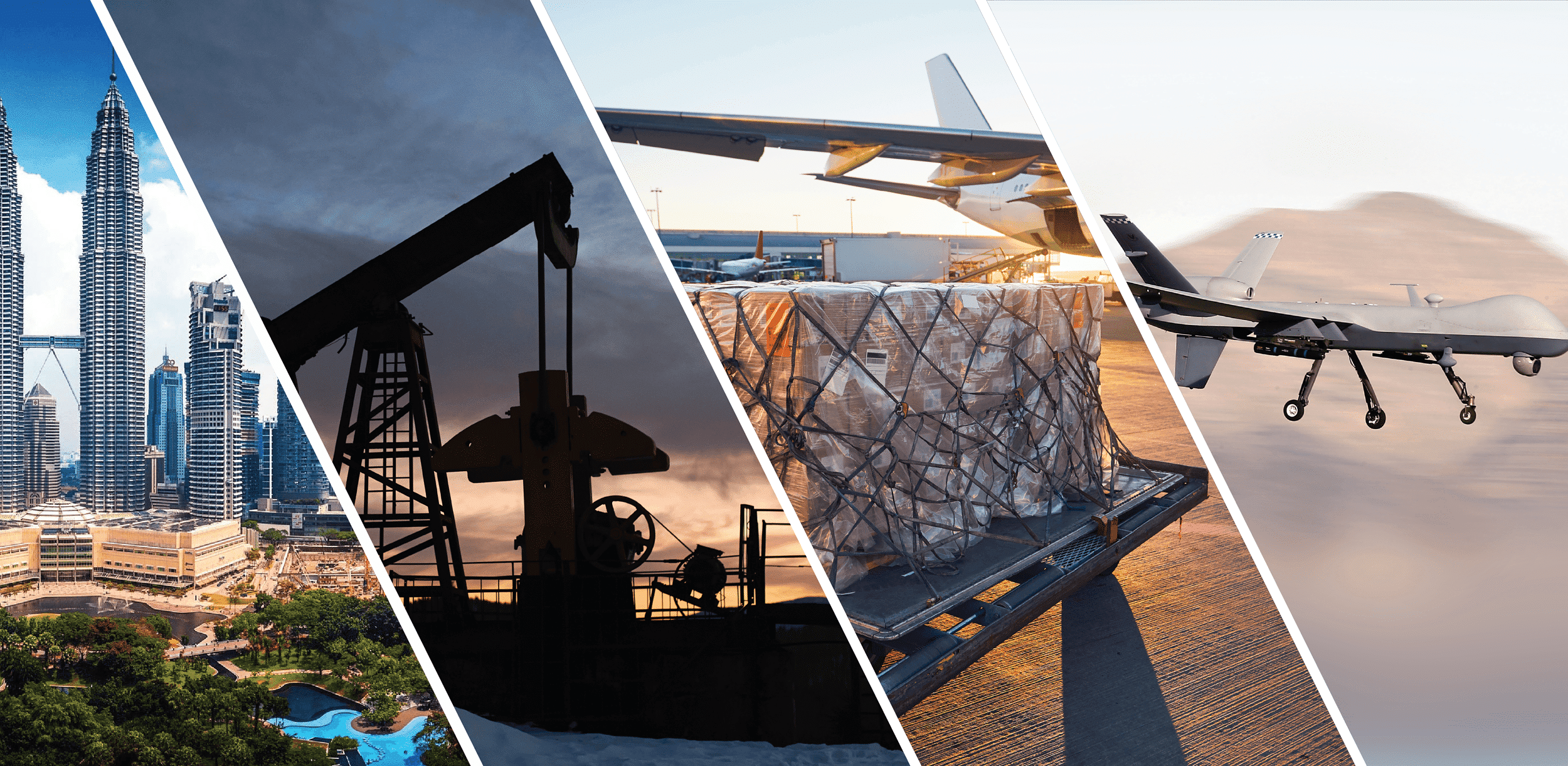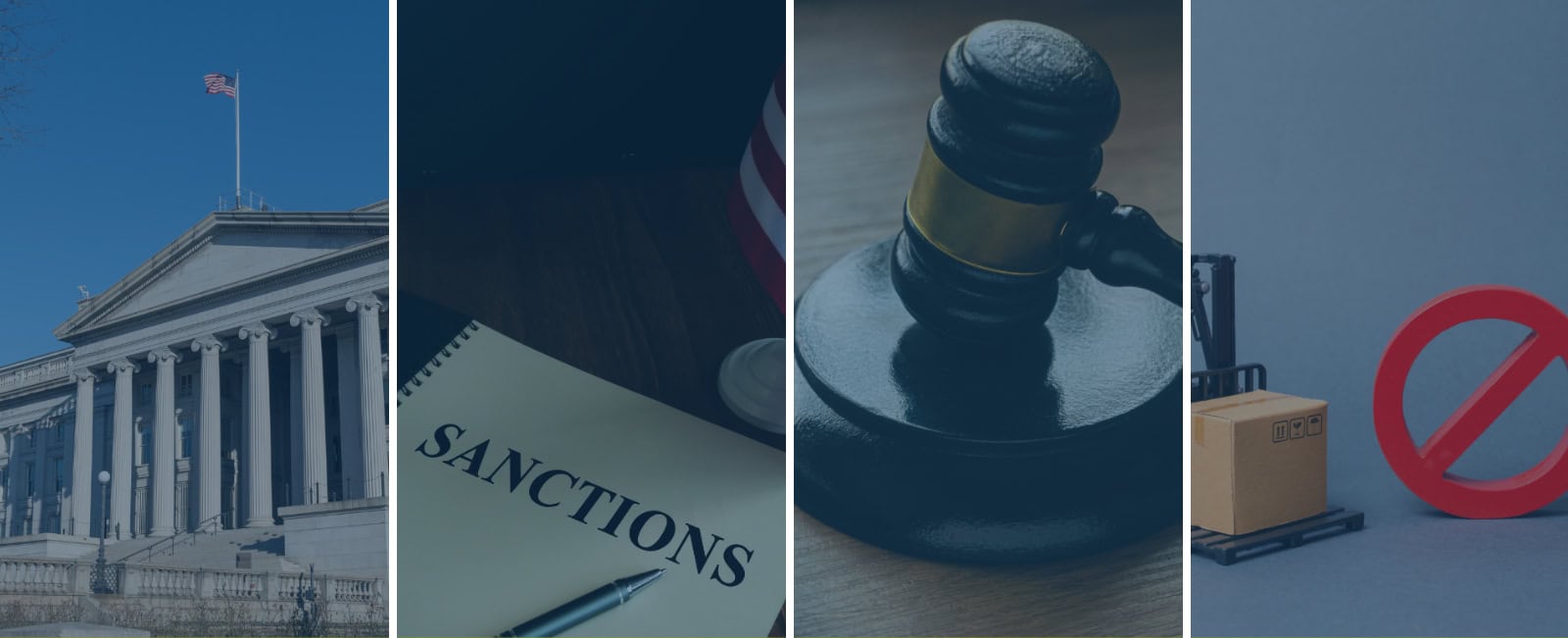U.S. CBP modifies forced labor finding, allowing imports of palm oil from Malaysia
In December 2022 CBP issued a withhold release order (WRO) based on reasonable information that forced labor was being used in the Malaysian company’s production process. In January 2022 CBP published a finding against palm oil and its derivative products produced by a Malaysian company, its subsidiaries, and joint ventures. CBP began seizing shipments of palm oil and its derivative products due to information indicating that the company used forced labor to produce them. On 3rd Feb CBP issued a release announcing that, based on satisfactory evidence Sime Darby Plantation Berhad, its subsidiaries, and joint ventures no longer produce palm oil and its derivative products using forced labor. Effective immediately, the U.S. will allow shipments containing Sime Darby-produced palm oil and derivatives to enter the U.S. commerce, provided the imports are otherwise in compliance with U.S. law.
Statement of the G7 and Australia on Price Caps for Seaborne Russian-Origin Petroleum Products
On 4 February 2023, members of the Price Cap Coalition reached consensus on the maximum prices for seaborne Russian-origin petroleum products. This follows the G7 Finance Ministers Statement on 2 September and the Coalition Statement on 2 December 2022 on a price cap for seaborne Russian-origin crude oil. The price cap policy is intended to prevent Russia from profiting from its war of aggression against Ukraine, to support stability in global energy markets, and to minimize negative economic spillovers of Russia’s war of aggression, especially on low- and middle-income countries, including by allowing our service providers to continue to support shipments of Russian-origin crude oil and petroleum products to other countries, if the prices do not exceed the respective caps.
For petroleum products, we have set two price levels, one for “premium-to-crude” petroleum products, such as diesel, kerosene and gasoline, and the other for “discount-to-crude” petroleum products, such as fuel oil, taking into account the market dynamics including pricing of these products relative to crude oil. The maximum price for premium-to-crude products will be 100 U.S. dollars per barrel and the maximum price for discount-to-crude products will be 45 U.S. dollars per barrel.
Source: https://content.govdelivery.com/accounts/USTREAS/bulletins/346caad?reqfrom=share
OFAC Guidance on Implementation of the Price Cap Policy for Crude Oil and Petroleum Products of Russian Federation Origin
https://home.treasury.gov/system/files/126/price_cap_guidance_combined_20230203.pdf
CBP Modifies Withhold Release Order on YTY Industry Holdings Sdn Bhd (YTY Group) in Malaysia
U.S. Customs and Border Protection (CBP) has modified the Withhold Release Order (WRO) issued on January 28, 2022 against imports of synthetic disposable gloves manufactured by YTY Industry Holdings Sdn. Bhd. (YTY Group). Effective immediately, the U.S. will allow YTY Group shipments to enter the U.S. provided they are otherwise in compliance with U.S. laws. Shipments of YTY Group’s synthetic gloves received on or after February 8, 2023, will no longer be detained at U.S. ports of entry. This is the second modification the agency has issued in 2023.
In January 2022, CBP issued a WRO against synthetic disposable gloves produced by YTY Group and its subsidiaries in Malaysia. CBP issued the WRO based on evidence reasonably indicating the presence of several International Labour Organization forced labor indicators within YTY Group’s production and employee housing facilities, including abuse of vulnerability, intimidation and threats, debt bondage, retention of identity documents, abusive living and working conditions, deception, and excessive overtime.
Section 321 Data Pilot
(CBP) is modifying the Section 321 Data Pilot by adding optional data elements that may be submitted by any participant. CBP is also expanding the Section 321 Data Pilot to accept applications for additional participants in this test from all parties that meet the eligibility requirements. This notice also announces that CBP is extending the Section 321 Data Pilot through August 2025
Background: Section 321 Data Pilot Section 321(a)(2)(C) of the Tariff Act of 1930, as amended, provides for an exemption from duty and taxes for shipments of merchandise imported by one person on one day having an aggregate fair retail value in the country of shipment of not more than $800. See 19 U.S.C. 1321(a)(2)(C). On July 23, 2019, U.S. Customs and Border Protection (CBP) published a general notice in the Federal Register (84 FR 35405) (July 2019 notice) introducing a voluntary Section 321 Data Pilot with a limit of nine participants. In accordance with the pilot, participants agree to transmit electronically certain data in advance of arrival for shipments potentially eligible for release under section 321 of the Tariff Act of 1930, as amended (Section 321 shipments). The data pilot tests the feasibility of collecting certain advance data, beyond those required by current regulations, and of collecting data from nontraditional entities, such as online marketplaces, in order to effectively identify and target high-risk shipments in the e-commerce environment.
Source:https://www.govinfo.gov/content/pkg/FR-2023-02-16/pdf/2023-03279.pdf
Export Control Measures Under the Export Administration Regulations (EAR) to Address Iranian Unmanned Aerial Vehicles (UAVs) and Their Use by the Russian Federation Against Ukraine
This rule amends the Export Administrations Regulations (EAR) to impose new export control measures on Iran. These measures address the use of Iranian Unmanned Aerial Vehicles (UAVs) by the Russian Federation (Russia) in its ongoing war against Ukraine, contrary to U.S. national security and foreign policy interests. Although UAVs are also known as Unmanned Aircraft Systems (UASs), for purposes of consistency with the Missile Technology Control Regime (MTCR) they are referred to as UAVs in the EAR. These amendments to the EAR target Iran’s supply of UAVs to Russia to enhance Russia’s defense industrial base and its military efforts against Ukraine and build on prior EAR amendments, including the addition of Iranian entities to the Entity List as Russian ‘military end users.’ Specifically, these controls impose license requirements for a subset of EAR99 items that are destined to Iran, regardless of whether a U.S. person is involved in the transaction. Such items are identified by Harmonized Tariff Schedule (HTS)-6 Codes in a new supplement added to the EAR, which will allow BIS and other relevant U.S. Government agencies to track and quantify these exports. This rule also identifies certain foreign-produced items as subject to the EAR by adding a new foreign direct product (FDP) rule specific to Iran that applies to items in certain categories of the Commerce Control List (CCL) and the EAR99 items identified in this new supplement. This rule similarly revises the EAR’s existing Russia/Belarus FDP rule to reference these EAR99 items. Together with a separate rule published in the same issue of the Federal Register adding export controls for Russia and Belarus, these changes impose license requirements on additional exports from abroad and reexports to Iran, Russia, and Belarus, with the purpose of degrading the Iranian UAV program and Russia’s use of such UAVs against Ukraine.
Source:https://public-inspection.federalregister.gov/2023-03930.pdf


